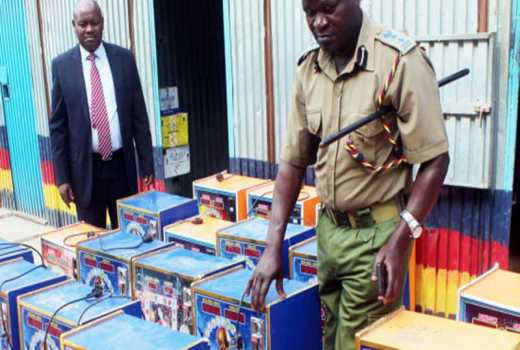×
The Standard e-Paper
Home To Bold Columnists

In the early 1980s, the betting bug bit politicians. The ‘virus’ rapidly spread to government offices, prompting an executive order to counter it.
Daniel Arap Moi, the then President, had had enough of it. With “immediate effect”, he banned public servants, MPs and other leaders from setting foot in casinos to gamble.